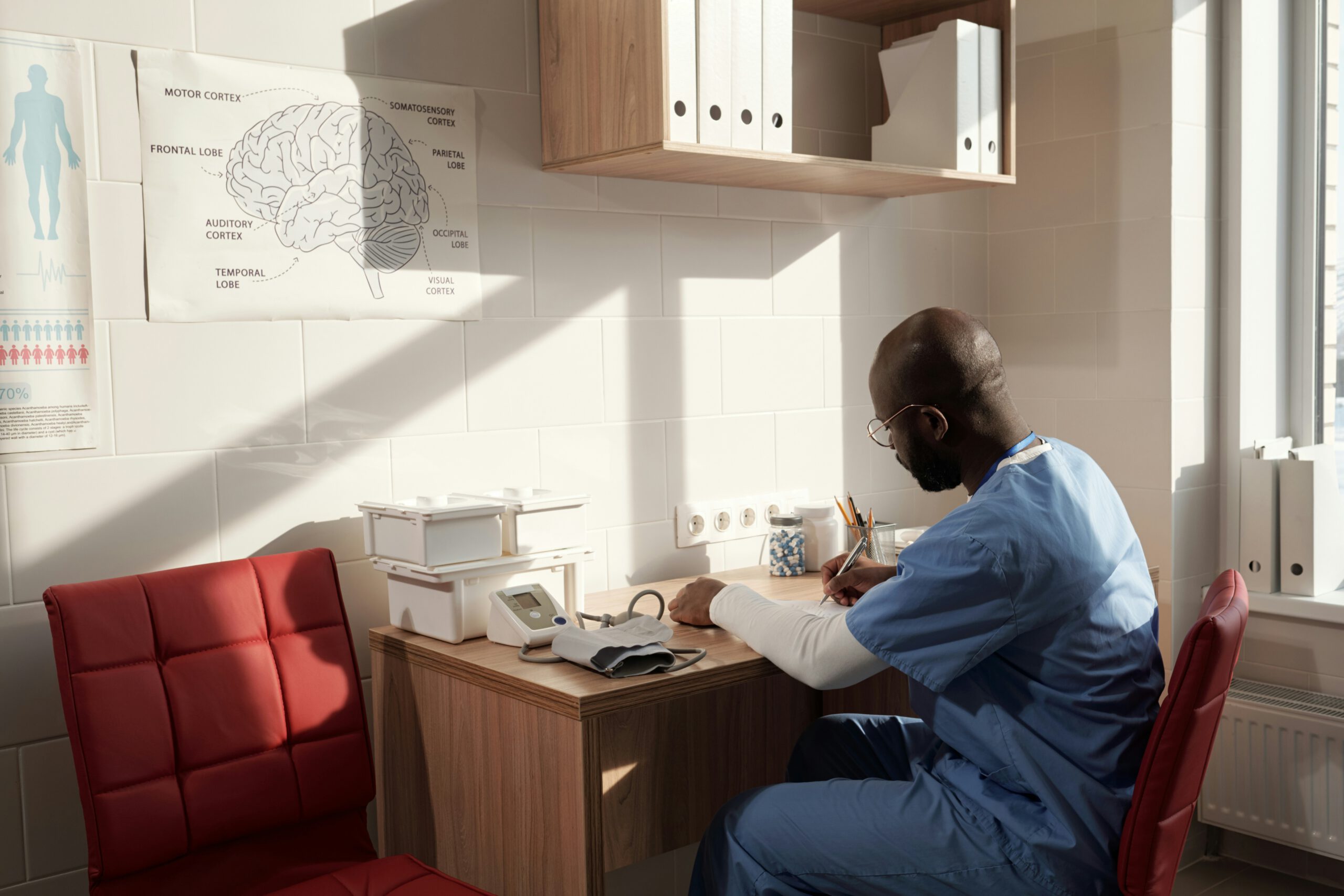Transcranial Magnetic Stimulation (TMS) is no longer considered a “last resort” treatment. Many psychiatrists and clinics now integrate it earlier in the care process for patients struggling with depression, anxiety, or other treatment-resistant mental health conditions. If you’re a provider, recognizing when to refer a patient for TMS can help improve outcomes, reduce symptom duration, and minimize the risks associated with prolonged medication trials.
Below, we’ll cover three clear signs that it may be time to make that referral—and how identifying them early can make a significant difference in patient recovery.
Understanding TMS in the Treatment Landscape
TMS is an FDA-cleared, non-invasive treatment that uses magnetic pulses to stimulate areas of the brain linked to mood regulation. It’s generally well-tolerated, requires no anesthesia, and allows patients to resume daily activities immediately after each session. For patients who haven’t responded to traditional interventions, TMS offers a path forward without many of the side effects associated with medications or the invasiveness of other procedures.
Referring a patient for TMS is not about “giving up” on other treatments—it’s about offering the right tool at the right time in their care plan.
Sign 1: Limited Response to Antidepressants or Medication Intolerance
One of the most common reasons to refer a patient for TMS is a lack of meaningful improvement after trying one or more antidepressants. If a patient has undergone multiple medication trials without achieving remission, TMS can provide a new pathway forward.
In some cases, patients do respond to medication but cannot tolerate the side effects—such as weight gain, sexual dysfunction, sedation, or gastrointestinal issues. This leads to poor adherence and, ultimately, relapse. TMS avoids systemic side effects because it works locally on the brain rather than circulating through the body.
Quick checklist for providers:
- Patient has tried at least 2 antidepressants without adequate results
- Side effects are severe enough to interfere with adherence
- Patient expresses frustration or discouragement with current medication plan
Sign 2: Early Signs of Treatment Resistance
Treatment-resistant depression (TRD) doesn’t happen overnight—it develops over time when patients consistently fail to achieve relief from standard interventions. Early identification of treatment resistance can shorten the time to remission and prevent unnecessary suffering.
If a patient is showing early warning signs—such as persistent depressive episodes despite medication adjustments—it may be appropriate to refer a patient for TMS before symptoms become entrenched.
Why timing matters:
- Shortens the duration of untreated depression, which is linked to better long-term outcomes
- Prevents functional decline in work, school, and personal life
- Reduces the emotional toll of repeated treatment failures
Sign 3: Preference for Non-Pharmacological or Non-Invasive Options
Some patients are hesitant to start or continue psychiatric medications due to personal preference, past experiences, or medical contraindications. Others may want a treatment option that fits seamlessly into their daily lives without downtime or recovery.
In these situations, TMS is often an ideal match. It’s conducted in an outpatient setting, typically takes about 20 minutes per session, and allows patients to drive themselves to and from appointments.
When to consider referral:
- Patient requests a drug-free treatment path
- Patient’s lifestyle makes medication adherence challenging
- Patient has medical conditions that complicate or contraindicate medication use
Why Proactive Referrals Matter
Waiting until all other options are exhausted can prolong patient suffering and make recovery more difficult. As evidence for TMS continues to grow, proactive referrals are becoming the standard among forward-thinking psychiatric providers. By knowing when to refer a patient for TMS, you can help patients access a proven, safe, and effective treatment sooner.
The Takeaway on When to Refer a Patient for TMS
If your patient is showing signs of medication failure, developing treatment resistance, or seeking a non-invasive option, TMS may be the next step. Early referral can improve response rates, preserve quality of life, and give patients hope when other treatments have fallen short.
Learn more about the Blossom TMS Therapy System and how it can fit into your practice to better serve your patients.
Blossom TMS Therapy System
Phone: 833.3BUY.TMS (+1.833.3289.867)
Email: Sales@sebersmedical.com
Address: 230 S Broad Street, 17th Floor Philadelphia, PA 19102





